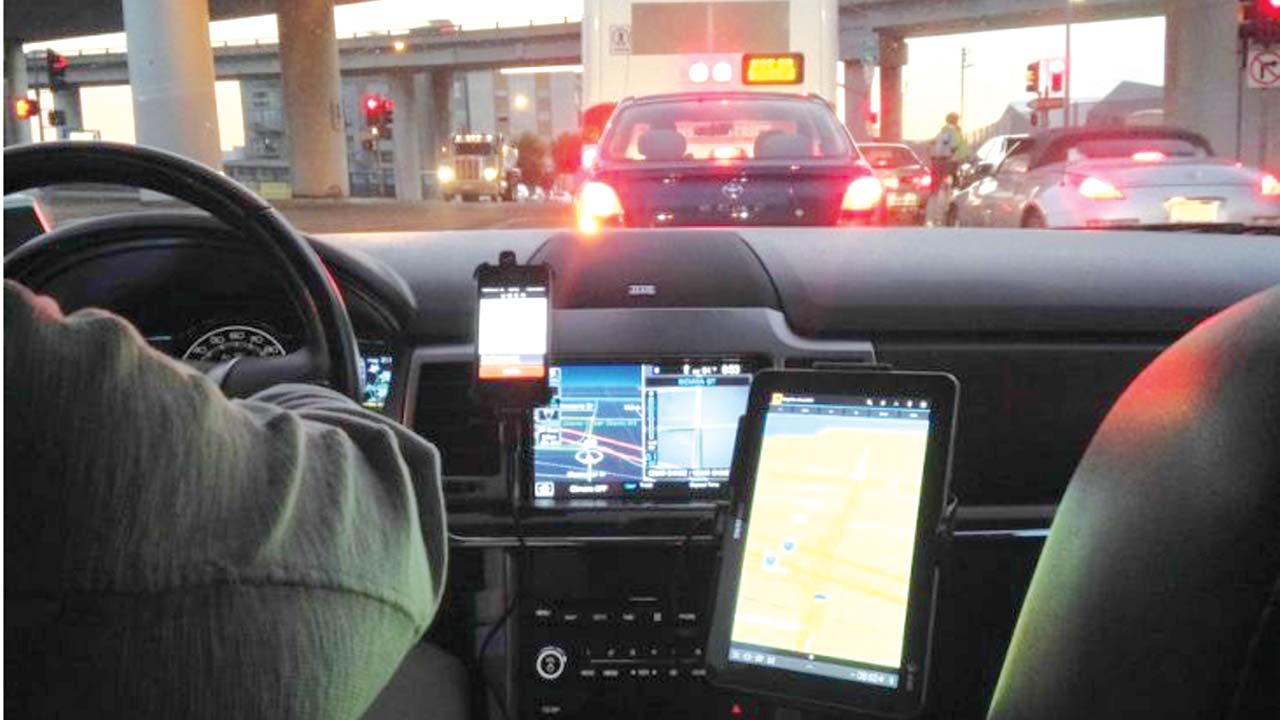
On 10 March, the metered taxi drivers took to the streets of Johannesburg and severely impacted traffic to and from O R Tambo International Airport. They were protesting the ride-hailing app Uber which they say is ‘stealing their jobs’. They state they had exhausted all avenues in government as their appeals for the government to use force, failed; it was, therefore, time for them to take matters into their own hands and use their own force instead to prevent voluntary trade between Uber and its customers.
The government started to regulate metered taxi prices shortly after the 2010 World Cup when they imposed a fee of R15 per kilometer, and this regulation has never been repealed. Seeing an opportunity in the market, Uber moved in, and the metered taxi drivers are upset because Uber can provide a better, cheaper and more easily accessible service than they can.
While the taxi drivers are in favour of government using force against their competitors, they do not enjoy falling victim to that force. Sadly, this is the nature of government protection. Different groups will always vie for the power that government protection gives them, because then they do not have to compete so hard on an open market with others who might provide a better service. To demand that government steps in and rigs the market against one competitor is not justice, it is not fair and it is not moral. You cannot demand government protection without recognising that that same protection will restrict your job prospects as well, perhaps not immediately, but definitely in the future.
The metered taxi drivers have a legitimate concern, but they are focusing their frustration on the wrong target. Price controls always entrench one group over another – all too evident from how the government tried to control business under Apartheid socialism. The taxi drivers would be able to compete with Uber if they could charge the price they thought best. The market, made up of their passengers, would provide reliable information when what they offer is either accepted or rejected and steer them in the right direction to better their service even more. The drivers ought to be protesting the amount of power government holds over their industry and the price controls it imposes. They should not be attacking a competitor that has a right to enter the market and try its hand at running a profitable business.
Contrary to popular belief, and perhaps that of the taxi drivers, no one has a right to a job. A job is a voluntary contract into which you enter either with an employer or a customer. You fulfill your side of the agreement by providing a service in exchange for reward from the other party.
No-one is compelled to provide you with a job. An employer, just like a customer, has a right to use their resources as they see fit. It is immoral to demand that they do x with their time, money and other resources, simply because you or anyone needs or demands it.
This is a moral argument. To say you have a right to a job means that you are prepared to use force when you deem it necessary to force people to act in a way you want, or to give their money to you whether they wish to or not. It is claiming that your needs, whims and desires have precedence over their free will. To argue in this way will lead, one day, to you being displaced when the next powerful group succeeds in using government power to force you to make way so that they can operate without having to compete with you.
Uber drivers, just like the metered taxi drivers, are working people, trying to make a living and put food on the table for their families. Through Uber, they just happen to provide an easily-accessible, cheap service that customers voluntarily choose to use. Uber drivers are not moustache-twirling barons who reside in cigar smoke-filled rooms.
As in any industry, not just the taxi industry, government should not have so much power that one group can use it against another. The power should be in the hands of the customer who will decide which service is the better.
Author Chris Hattingh is an intern at the Free Market Foundation. The views expressed in the article are the author’s and are not necessarily shared by the members of the Free Market Foundation.



